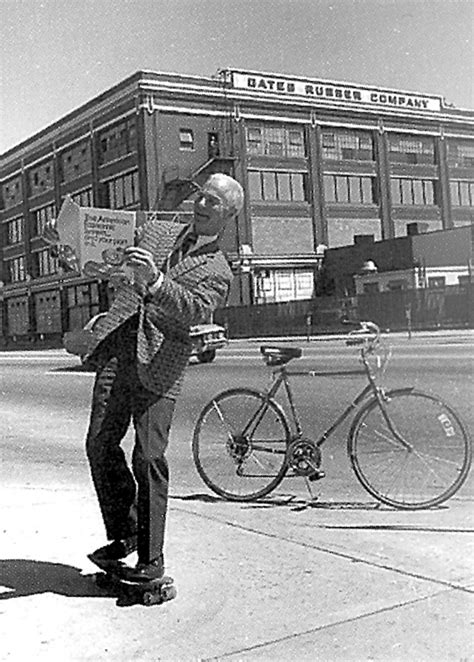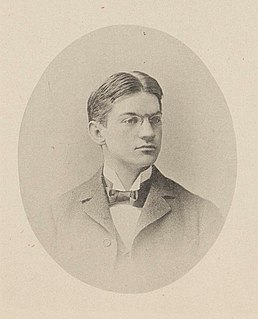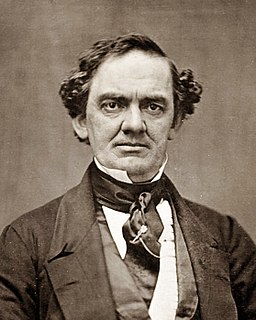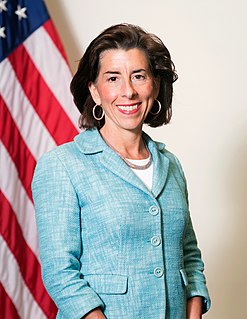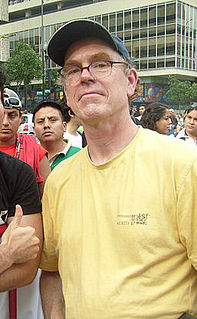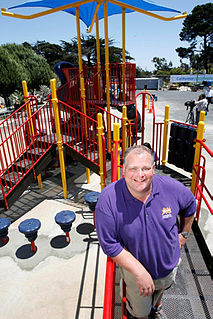A Quote by Charles Gates, Jr.
All our institutions rest upon business. Without it we should not have schools, colleges, churches, parks, playgrounds, pavements, books, libraries, art, music, or anything else that we value.
Related Quotes
Having music in the schools, having art in the schools, having art in your life, should not be heroic. It should be every day. Having things we've paid for years ago and that we depend on kept up - our schools, our political institutions - should not be a heroic act. It should be part of our daily citizenship. The idea that we had to do this incredibly exhausting, two-year-long, very expensive, labor intensive, community-based action, is, one the one hand unbelievably great, and, on the other hand, really depressing.
Most people would say they live with an internal angst that they can't always put their finger on. This is because the Internet has changed our very way of being in this world, compelling us to be perpetually "on" - from our cars to our computers, our tablets to our smartphones, our desks to our living rooms or dining tables, our churches to our libraries to our schools.
NC LIVE has the potential to give citizens across North Carolina immediate access to the rich array of information resources housed by the libraries on UNC's 16 campuses. It will allow unprecedented collaboration and sharing of resources among sister UNC institutions, the community colleges, and the state's public libraries.
Yes, the Bible should be taught in our schools because it is necessary to understand the Bible if we are to truly understand our own culture and how it came to be. The Bible has influenced every part of western culture from our art, music, and history, to our sense of fairness, charity, and business.
I think imagination is at the heart of everything we do. Scientific discoveries couldn't have happened without imagination. Art, music, and literature couldn't exist without imagination. And so anything that strengthens imagination, and reading certainly does that, can help us for the rest of our lives.
